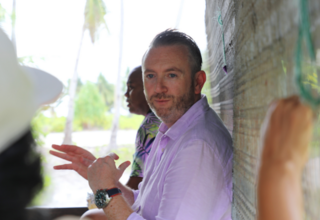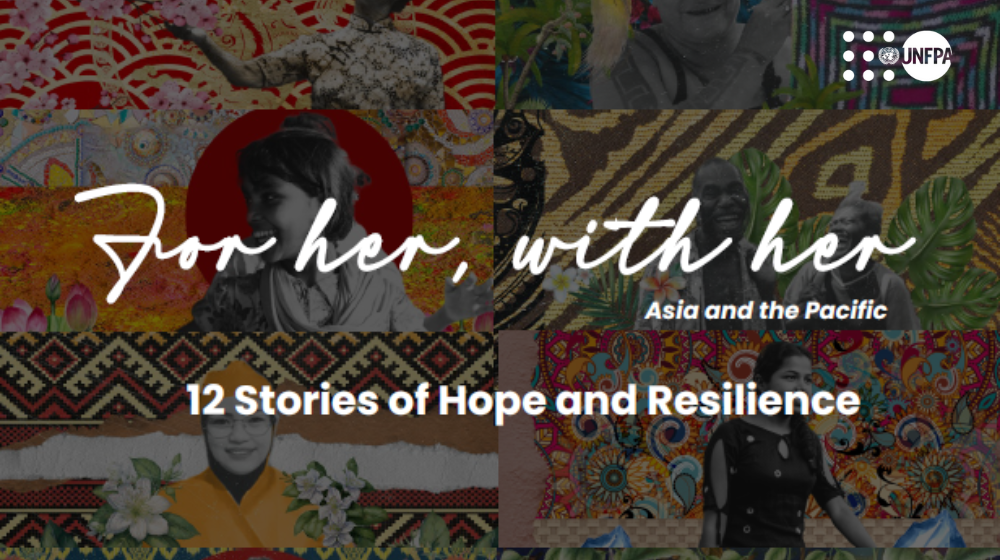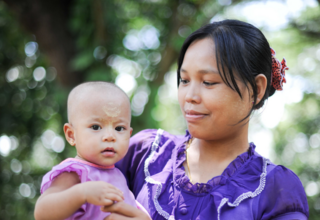80% of all natural disasters strike in Asia and the Pacific. UNFPA provides lifesaving care and support to women, girls and youth across the region
Bangkok - Across Asia and the Pacific, the world’s most disaster-prone region, the United Nations Population Fund, UNFPA, provides lifesaving supplies, care and support to women, girls and young people caught up in emergencies, and works with families, communities and nations to build resilience against future crises.
80% of all natural disasters globally occur in the region that holds over a third of humanity and nine of the 15 most disaster-prone nations. Asia-Pacific is also home to a number of long-running conflicts that take a running human toll.
A new publication, ‘Responding to Emergencies Across Asia and the Pacific’ has been released to mark the first-ever World Humanitarian Summit that takes place this week in Istanbul.
The report details the UN agency’s recent and ongoing humanitarian actions to help affected populations. These include providing UNFPA’s trademark Dignity Kits to women and girls affected by Mongolia’s recent extreme winter, helping set up reproductive health camps in the wake of Tropical Cyclone Winston in Fiji and providing lifesaving care, protection and support to thousands upon thousands after Nepal’s devastating earthquake of April 2015.
“Humanitarian response is a priority for UNFPA, and all the more so in the era of the 2030 Agenda for Sustainable Development,” says Yoriko Yasukawa, UNFPA’s Regional Director for Asia and the Pacific.
“We will strengthen our efforts to meet the sexual and reproductive health and protection needs of women and girls during disasters. We are indebted to our donors who support this lifesaving work, but we require even greater resources from UN member states, the private sector and other entities. We remain committed to securing sustained and enhanced investment in order to deliver a world where every pregnancy is wanted, every childbirth is safe, and every young person’s potential is fulfilled – even in emergencies.”
Climate change is highlighted as a significant and growing challenge, with Asia-Pacific nations set to face more severe droughts, more frequent and intense storms, and more devastating floods, fires and landslides, fuelled by volatile and erratic weather patterns.
‘Every year the number and frequency of disasters (whether natural or conflict-related) increase. Mass displacements, a breakdown of infrastructure, law and order and basic services, put the safety and lives of vulnerable women and girls at risk, most especially pregnant women,’ reads the report.
“These are not just humanitarian issues, they also affect development,” says UNFPA’s Yasukawa.
“Disasters and conflicts increase poverty by destroying infrastructure and livelihoods, and undermine progress towards sustainable development. UNFPA’s investment in preparedness, resilience and long-term risk reduction not only ensures effective and efficient emergency response, but also protects hard-earned development gains.”
The report acknowledges and thanks the agency’s donors and partners, including governments, civil society organisations and private sector entities, and encourages others to engage with UNFPA to protect and empower women, girls and youth across the region.




